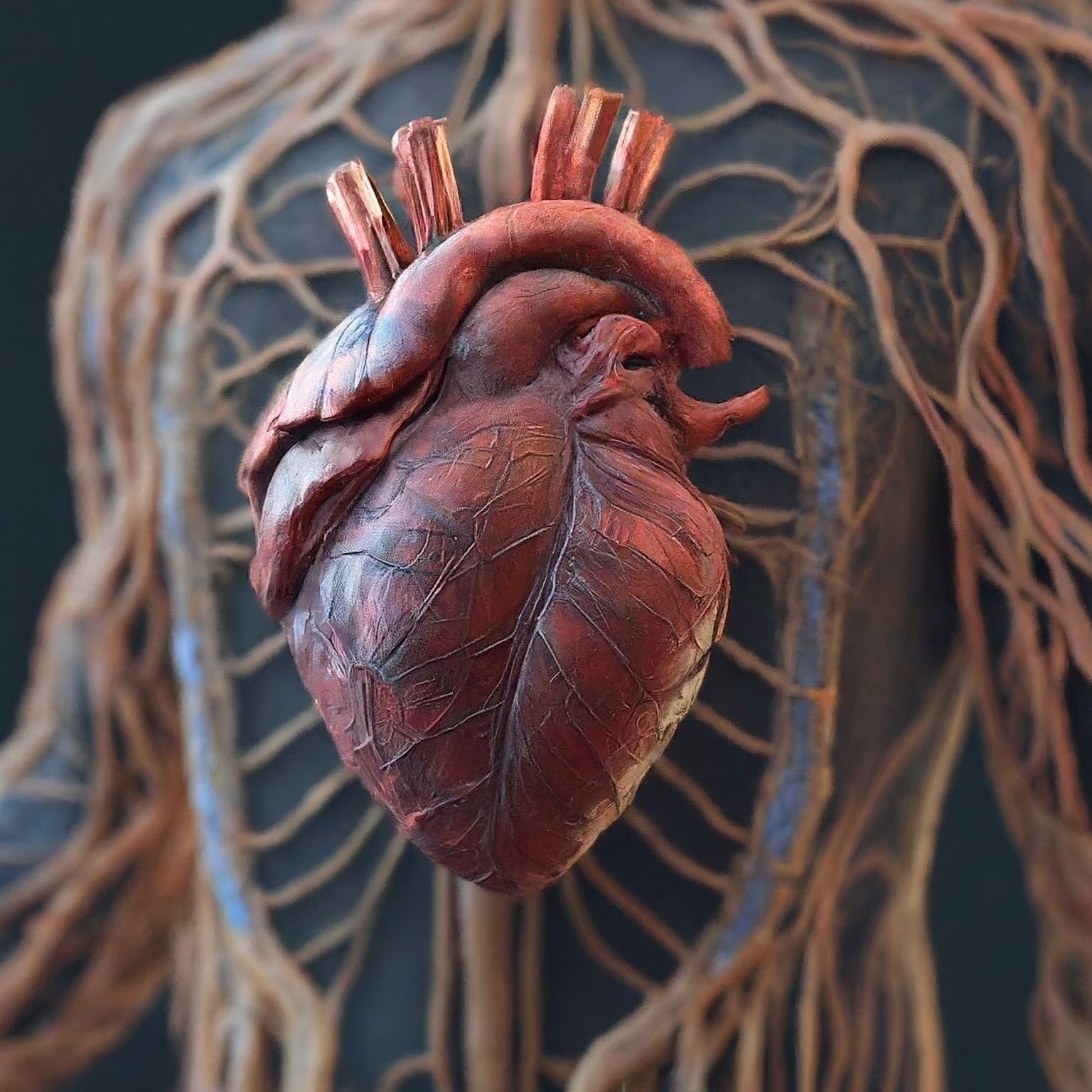Hello Friends ! Uploading the Important 500 Questions Of Biology part-5 serves as a crucial resource for students engaged in continuous exam preparation. These questions aid in comprehensive revision and assessment of biological concepts, enhancing students’ understanding and retention.
By practicing a diverse range of questions, students can strengthen their grasp on key topics and improve their problem-solving skills. This resource ensures students are well-equipped to tackle biology-related questions effectively during exams, thereby boosting their confidence and performance.
Antigen is a substance which promotes the formation of antibodies.
Iodine containing hormone is – Thyroxine
The diameter of human white blood cells (WBC) is approximately – 007 mm.
Dialysis is used to complete which process – Kidneys
Why is sweating important – to regulate body temperature
Fertilization usually occurs in the uterus.
Amniocentosis is a method which tells – the sex of the fetus.
Blood pressure in human body is controlled by – Adrenal gland
From which gland are life saving hormones secreted – Adrenal
Which gland of human body is called ‘master gland’ – The pituitary gland
The smallest gland in the human body is – pineal gland
What is used to know the development of the baby in the uterus – Ultrasound
Through which organ is food supplied for the development of the embryo – ovary
Sterilization of women is called – Tubectomy
Which hormone is injected into the udders of cow and buffalo to express milk – Oxytocin
Which endocrine hormone stimulates the thyroid gland to secrete thyroxine – TSH
Which metal is present in myoglobin – Copper
The normal hemoglobin concentration for an adult male is – 5 gm per 100 ml of blood.
Normal temperature of human body is – 90C
With which physiological process is prothrombin related – blood coagulation
Which is the largest endocrine gland in the body – Thyroid
Which hormone is called ‘fight-flight hormone’ – Adrenaline
How many teeth develop twice in a human life – 20
In which organ does most of the digestion take place in the human body – small intestine
Where does the digestion process begin in humans – mouth
Who first studied the blood circulation system – Harvey
Pace maker is related to – Heart
The function of the pace maker is to start the heartbeat.
What is the motor related to – Heart
The pressure exerted by blood on the walls of which is called ‘blood pressure’ – Artery
What changes in blood pressure while sleeping – It decreases.
The pH of human blood is – 4
How much percentage of water usually varies in human blood plasma – 80-80%
The metal found in blood is iron
Where does blood purification take place – Kidney
Where are maximum nutrients absorbed into the blood – small intestine
Which enzyme is found in saliva – Tylin
What is especially required to digest food in the stomach – Enzymes
Saliva helps in digestion of – Starch
Acid X is produced in the human stomach, which helps in digestion of food. ‘X’ is – hydrochloric acid
What is synthesized in the Krebs cycle – Pyruvic acid
The process of purification of blood in the human body is called – Dialysis
Pepsin converts proteins into polypeptides.
What substance do proteins convert into during digestion – Amino acids
Which is the organ that stores carbohydrates in the form of glycogen in the human body – Liver
Bile is produced by – Liver
The enzymes found in lysosomes which have the ability to dissolve or destroy organic matter are called hydrolytic enzymes.
The substance found in more than 80% of cells is – water.
Due to the presence of which difference is found between a plant cell and an animal cell – cell wall
The main function of Golgi body is – Secretory
What is the main function of the inner bark of a woody plant – to transport food from the leaves to other parts of the plant.
Through what does water move up in vascular plants – Xylem tissue
Which Indian scientist presented the theory of long distance transport of water in plants – J.C. Bose
The world’s largest ecosystem is – ocean.
Soil erosion can be prevented – by afforestation.
When we eat goat meat, we are – secondary consumers
Hydrophyte is an aquatic plant.
Xerophyte plant is – Karil
An example of an abiotic component of the environment is – air.
Hydroponics is related to the growth of plants without soil.
Who is the biggest compounder of solar energy – Green plants
What proportion should be the forest area in India to maintain ecological balance – 3%
Which area is famous for mangrove cultivation in India – Sajnekhali forest of South 24 Parganas
Epiphytes are highly growing plants that depend on others for mechanical support.
Phytotron is a facility which makes it possible to grow plants under controlled conditions.
Which agricultural work is suitable from environmental point of view – Organic agriculture
Most desert plants flower at night only because desert insects are active at night.
Plants growing in deserts are called – Xerophytes
The concept of ecological niche was propounded by – Greenells
The most stable ecosystem is the ocean.
By what can humans maintain ecological balance in the biosphere – Developing new varieties of related plants and new breeds of domesticated animals
Social forestry is the cultivation and management of useful plants on cooperatively owned land.
Where is the National Botanical Garden located – Lucknow
Where is Forest Research Institute located in India – Dehradun
The largest ecosystem of the earth is – hydrosphere
An artificial ecosystem is represented by – Aquarium
Where is the commonly used spice clove obtained from – from the flower bud
Hashish is obtained from the plant. Tell from which part of the plant it is obtained – from the secretion of stem and male inflorescence.
Photosynthesis occurs – only during the day
Which gas is necessary for photosynthesis – CO2
The process of preparing food from plants and trees is called – Photosynthesis
Bile is stored in gallstones.
The blood pressure (systolic and diastolic) of a healthy human being is – 120 mm and 80 mm
A person’s blood pressure increases while running.
Approximately how many times does a human heart beat during a normal life – 2 billion
The function of the heart in the human body is – like a pumping station.
What causes red color in blood – Haemoglobin
Hemoglobin contains iron
What is the study of fruits called- Pomology
Who first synthesized DNA in the laboratory – Khurana
What is the number of chromosomes in a normal human body cell – 46
In humans, the chromosome combination of male is – XY
The sex of a newborn baby can be determined by the chromosome inherited from whom – Father
Chromosome contains – DNA and protein
By combining which chromosomes does a human being give birth to a child – Male’s Y and Female’s
Where does impure blood flow – in the veins
Which is the largest gland in the human body – Liver
Which hormone is secreted from the female reproductive organ in humans – Relaxin
From what is the oxygen released during photosynthesis produced – from water
Where is the substance called chlorophyll present – in plant cells
Voluntary movements in humans are controlled by – Cerebrum
When does photosynthesis take place in plants – in sunlight
How do plants get their food – through photosynthesis
By whom is food ingested in amoeba – by pseudopodia
What is Carrot – Root
Which is the edible part of potato – stem
Which is the edible part of onion – stem
Which is the tallest living tree – Shikua
Where is turpentine oil obtained from – pine tree
What is bamboo classified into – Grass
Biofuel is obtained from whose seeds – Jatropha
Which is the most responsible factor for plant diseases – Fungus
Green ear disease is related to which crop- Millet
Tikka disease is related to which crop – Groundnut
The famous disease of paddy, Khaira disease is caused by – Due to deficiency of zinc.
Lemon cancer is caused by bacteria.
What is the cause of black heart in potato – lack of oxygen
What is the disease called Karnal Bunt related to? – Wheat
What is the branch of biology related to the study of inheritance called – Genetics
Who is the father of genetics? – Gregor Mendel
Who first used the word gene – Johanson
By whom the science of heredity was called genetics – Bates
What does genetic mutation occur in – Chromosome

